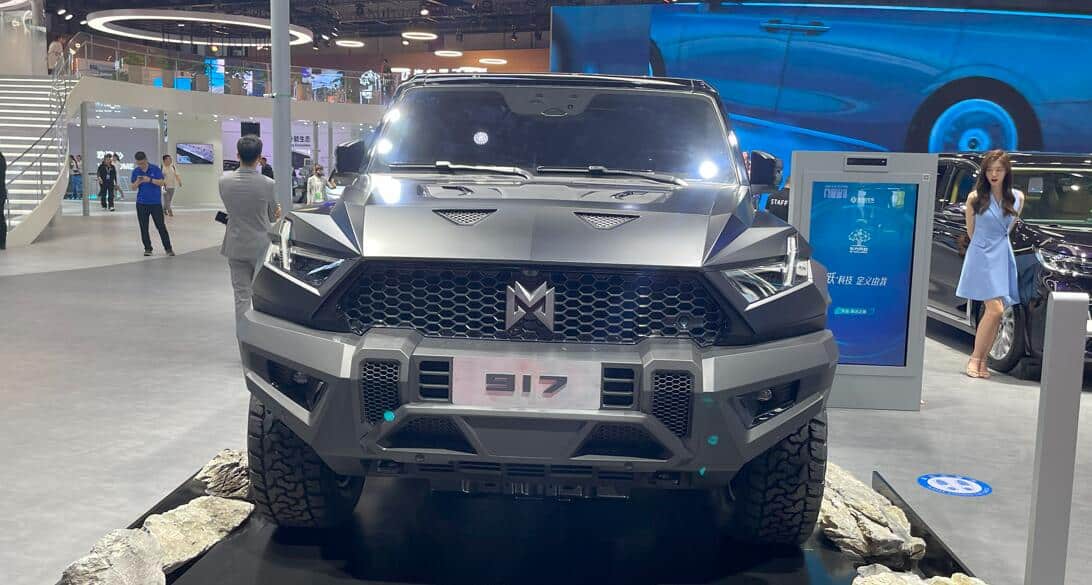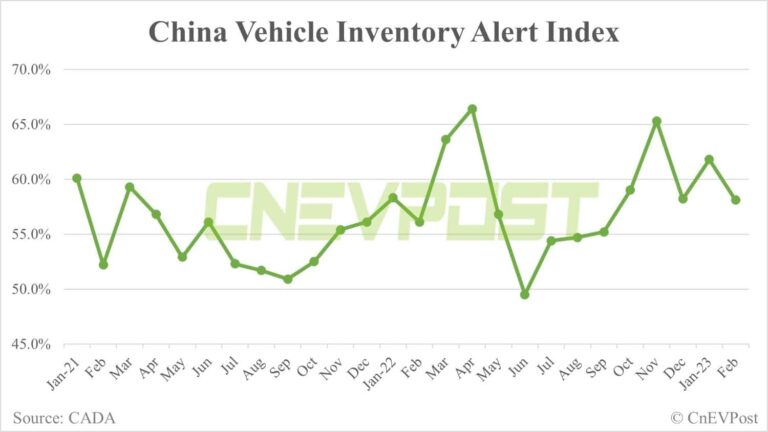China will implement the China 6b emissions standard on July 1, although some models will be given a six-month sales transition period.
(Image credit: CnEVPost)
Chinese authorities confirmed in an official document that a new emissions standard will go into effect on July 1 as scheduled, but provided an additional six-month sales period for some internal combustion engines (ICE) vehicles based on the existing standard.
In a joint announcement issued today, five ministries, including China's Ministry of Industry and Information Technology and Ministry of Ecology and Environment, said that China will implement the China 6b emissions standard nationwide starting July 1, when the production, import and sales of vehicles that do not meet the standard will be banned.
For some of the models with "monitoring only" results in the Real Driving Emissions (RDE) test report, they will be given a six-month sales transition period until December 31, 2023, according to the announcement.
The move is to implement the requirements of the China 6 emissions standard, as well as China's policy to stabilize and expand vehicle consumption, the announcement said.
China released the final rule for Stage 6 light-duty vehicle emission limits and measurement methods (China 6 standard) in December 2016, a new standard that combines best practices from European and US regulatory requirements.
The standard is being implemented in two phases, with the 6a standard already taking effect on July 1, 2020, and the 6b standard coming into effect on July 1, 2023.
In March, price wars were the most talked about topic in China's auto industry, and the impending entry into force of the 6b standard was seen as an important factor.
On March 23, China's Auto Dealers Chamber of Commerce (CADCC) called on regulators to delay the start of implementation of the China 6b emissions standard.
Since the beginning of the year, the CADCC has received feedback from many auto dealer groups that they are under significant pressure to survive the impending full implementation of the China 6b emissions standard.
A study covering nearly 100 dealership groups showed that nearly 98.89 percent of them strongly recommended that China delay implementation of the China 6b emissions standard until January 1, 2024, the CADCC said at the time.
Notably, following the release of the latest announcement, the China Association of Automobile Manufacturers (CAAM) said in an article on its website that the new policy would help the Chinese auto market recover steadily.
Since the release of the China 6 standard, most car companies have been developing and producing products in accordance with the standard, which amounts to an early implementation of the China 6b standard, the CAAM said, adding that to date, more than 95 percent of light-duty vehicles have met the China 6b standard.
As of the end of January, there were more than 1.89 million vehicles in stock in China that did not meet the RDE requirements, and if purchased parts are included, then there are more than 2 million such vehicles in stock, the CAAM said.
The CAAM submitted a proposal for a six-month sales transition period for light-duty vehicles with "monitoring only" RDE test results to ease the difficulties faced by China's auto industry, according to the article.
"We hope that after the release of the policy, companies will uphold the principle of fair market competition, plan their layout rationally and complete the switchover and sale of their products as soon as possible," the CAAM said.


